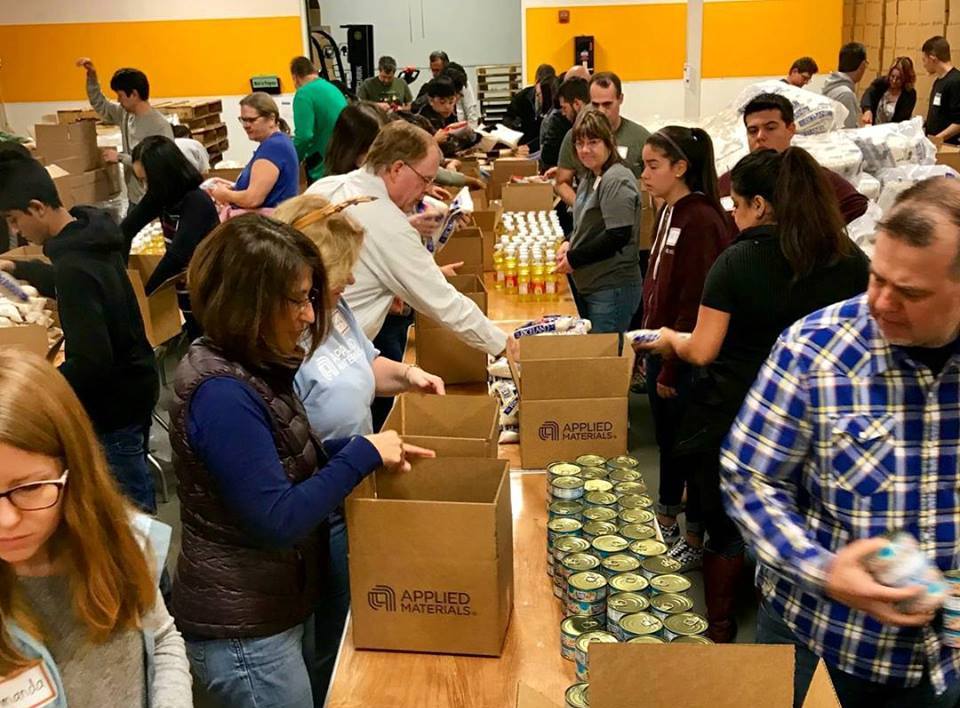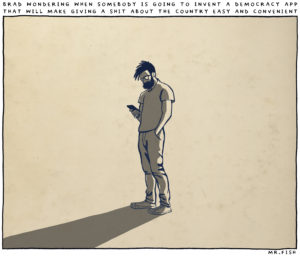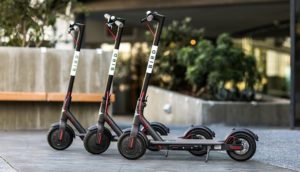One in Four at Risk of Hunger in Silicon Valley
The tech-gilded region is home not just to the uber-wealthy but also to a population that needs help just to get adequate food. Volunteers sort donations at the Second Harvest Food Bank in Santa Clara, Calif. (Second Harvest Food Bank / Facebook)
Volunteers sort donations at the Second Harvest Food Bank in Santa Clara, Calif. (Second Harvest Food Bank / Facebook)
Silicon Valley and its leading tech firms are in some ways wreaking havoc on the communities they take over.
Although the name “Silicon Valley” has become synonymous with extreme levels of wealth, many of the people living outside the tech-world bubble are worried about just getting enough to eat.
A study conducted by The Guardian suggests that 26.8 percent of the Northern California area’s population is considered “food insecure”—missing meals or relying on food banks.
The Guardian reports:
In a region famed for its foodie culture, where the well-heeled can dine on gold-flecked steaks, $500 tasting menus and $29 loaves of bread, hunger is alarmingly widespread, according to a new study shared exclusively with the Guardian.
One in four people in Silicon Valley are at risk of hunger, researchers at the Second Harvest food bank have found. Using hundreds of community interviews and data modeling, a new study suggests that 26.8% of the population – almost 720,000 people – qualify as “food insecure” based on risk factors such as missing meals, relying on food banks or food stamps, borrowing money for food, or neglecting bills and rent in order to buy groceries. Nearly a quarter are families with children.
“We call it the Silicon Valley paradox,” says Steve Brennan, the food bank’s marketing director. “As the economy gets better we seem to be serving more people.” Since the recession, Second Harvest has seen demand spike by 46%.
Karla Peralta, profiled in The Guardian, is a line cook in Facebook’s cafeteria. The single mother of two has worked in kitchens for years and spends her days preparing free meals for the tech firm’s staff. Yet she must go to a food bank once a month to supplement what she can buy for her family at the grocery store. Three-quarters of her $2,000-a-month pay goes for rent for her small apartment.
That’s one of the other disparities in Silicon Valley: Many tenants are being displaced from their homes so developers can create new housing that often is unaffordable for the previous residents. San Jose, Silicon Valley’s largest city, has a homeless population of more than 4,000.
Aside from these issues, researchers are beginning to look into the larger negative impacts that tech such as smartphones and apps are having on people. Facebook’s original president, Sean Parker, recently admitted that the company intentionally attempted to addict its users, The Guardian reported.
Such addiction has become systemic and widespread, with 1.3 billion people checking Facebook every day. Average consumers check their smartphones 150 times a day, touching and swiping over 2,000 times.
Your support matters…Independent journalism is under threat and overshadowed by heavily funded mainstream media.
You can help level the playing field. Become a member.
Your tax-deductible contribution keeps us digging beneath the headlines to give you thought-provoking, investigative reporting and analysis that unearths what's really happening- without compromise.
Give today to support our courageous, independent journalists.



You need to be a supporter to comment.
There are currently no responses to this article.
Be the first to respond.